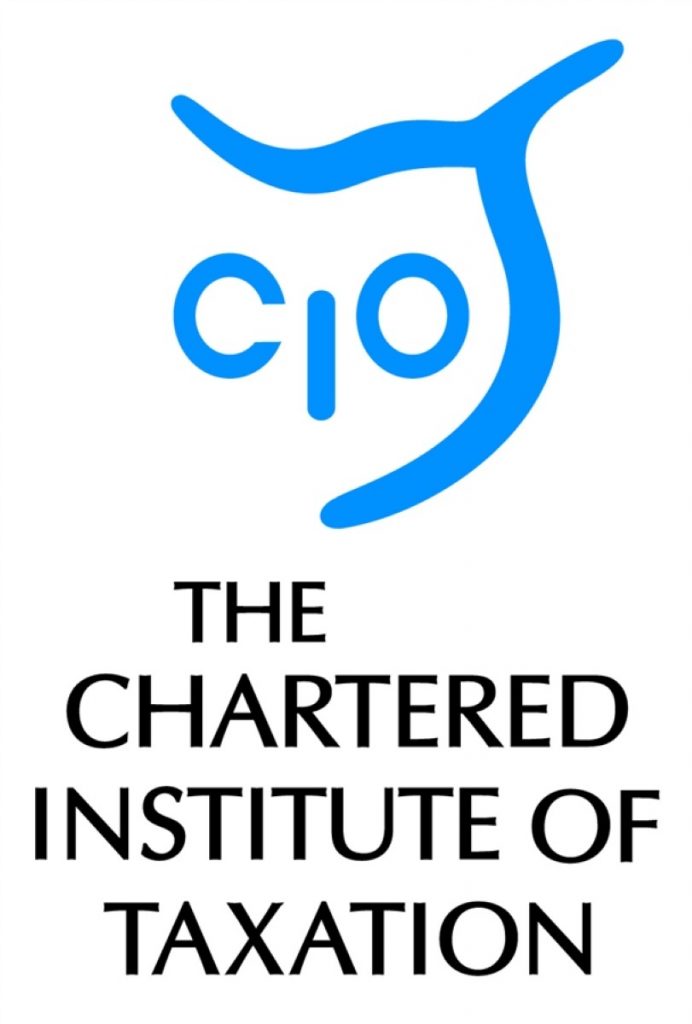CIOT: Second home owners will need to watch overlapping ownership periods
The Chartered Institute of Taxation (CIOT) notes that owners of second homes will need to consider selling properties earlier, so as to reduce the periods that ownership overlaps, if they want to minimise additional tax liabilities.
Stephen Coleclough, President of the CIOT, said:
“Following the Government’s announcement made today that Principal Private Residence Relief (PPR), to reduce the final period exemption (from 36 to 18 months), effective from April 6th 2014, that can apply to a property may lead to second home owners selling second homes more frequently.
“Under the current rules a property that has been a person’s private residence in the past, even though they may not be living in the property at the time they sell it, and where they are claiming PPR on another property at the same time, can benefit from the last three years being tax free.
“Halving this final period exemption from 36 months to 18 months makes sense to the Government who wishes to reduce the benefits of reliefs available to second home owners. It will however make life more difficult for anyone moving home who is unable to sell their first property within 18 months of buying their new home.
“It is interesting to note that the Government expect to raise considerably more from this measure than the measure to tax the gains on non-resident second home owners.”
Notes for editors
1. The three year rule was introduced so that those trying to move house (particularly those moving to follow work) are not disadvantaged when it is difficult to sell a house in a property slump.
2. The original rule when CGT (and PPR) was introduced in FA 1965 was for 12 months. This was increased to 24 months in FA 19805 with a further increase to 36 months in FA 1991.
3. The revenue from this measure by 2016/17 is expected to be £90m, whereas the yield from the CGT application to non-residents is expected to be £15m.
4. The Chartered Institute of Taxation
The Chartered Institute of Taxation (CIOT) is the leading professional body in the United Kingdom concerned solely with taxation. The CIOT is an educational charity, promoting education and study of the administration and practice of taxation. One of our key aims is to work for a better, more efficient, tax system for all affected by it – taxpayers, their advisers and the authorities. The CIOT’s work covers all aspects of taxation, including direct and indirect taxes and duties. Through our Low Incomes Tax Reform Group (LITRG), the CIOT has a particular focus on improving the tax system, including tax credits and benefits, for the unrepresented taxpayer.
The CIOT draws on our members’ experience in private practice, commerce and industry, government and academia to improve tax administration and propose and explain how tax policy objectives can most effectively be achieved. We also link to, and draw on, similar leading professional tax bodies in other countries. The CIOT’s comments and recommendations on tax issues are made in line with our charitable objectives: we are politically neutral in our work.
The CIOT’s 17,000 members have the practising title of ‘Chartered Tax Adviser’ and the designatory letters ‘CTA’, to represent the leading tax qualification.
James Knell
External Relations Officer
D: +44 (0)20 7340 2702
Chartered Institute of Taxation
Registered charity number 1037771
www.tax.org.uk





-01.png)